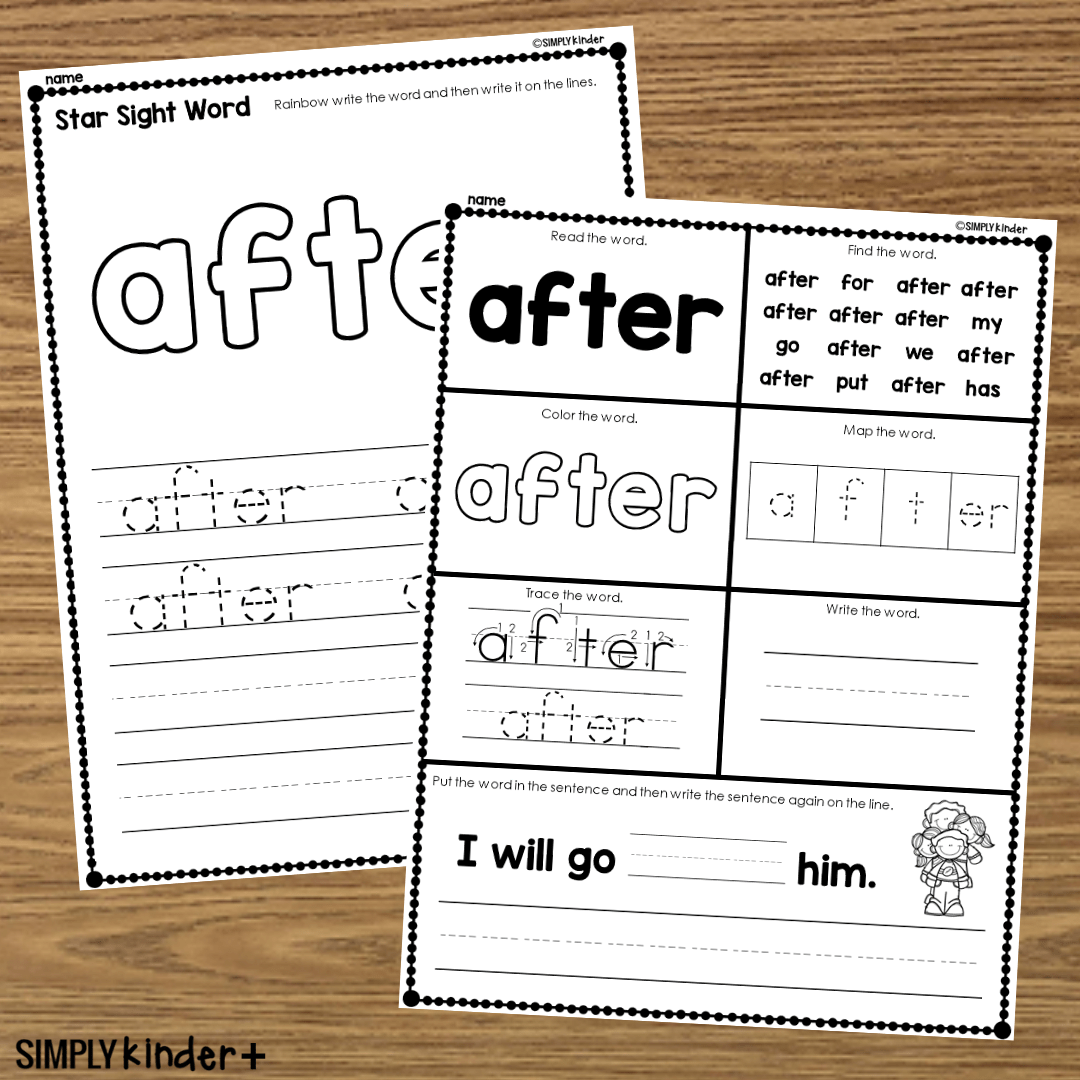
Have you ever wondered what words follow "face" or "place" in various contexts? The beauty of language lies in its complexity and adaptability. The words that come after "face" or "place" not only enrich our vocabulary but also enhance our understanding of different phrases and expressions. In this article, we will delve into an array of terms that commonly follow these two words, examining their meanings, uses, and the cultural significance they carry.
In the English language, certain words seem to have a natural affinity with others, creating phrases that resonate with speakers and writers alike. The words that follow "face" or "place" can vary widely, from the descriptive to the more abstract, and they often evoke vivid imagery or emotions. By exploring these terms, we can gain a deeper appreciation for the nuances of language and how they shape our interactions and perceptions.
Additionally, understanding the words that follow "face" or "place" can enhance our ability to communicate effectively. Whether you are a writer looking to spice up your prose or a speaker aiming to express yourself clearly, knowing the right word to pair with these terms can make all the difference. Let’s dive into the fascinating world of vocabulary that surrounds "face" and "place."
What Are Common Words After Face?
When it comes to the word "face," a variety of terms can follow, each contributing a unique meaning. Here are a few common examples:
- Face Value: This refers to the apparent worth or significance of something, often used in financial contexts.
- Face Time: This term typically describes the amount of time spent in direct contact with someone, especially in a professional setting.
- Face Mask: A protective covering for the face, especially in health-related situations like during a pandemic.
- Face Up: To confront a difficult situation or challenge directly.
What About Words Following Place?
Similarly, the word "place" can also be paired with many different words to create meaningful phrases. Here are some noteworthy examples:
- Place Settings: Refers to the arrangement of utensils and dishes for a meal.
- Place of Origin: Indicates the location where something originates.
- Place Card: A card indicating the seating arrangement for guests at an event.
- Placebo Effect: A beneficial effect produced by a placebo drug, which cannot be attributed to the properties of the placebo itself.
Why Do We Use These Phrases?
Understanding the vocabulary that follows "face" or "place" enhances communication. These phrases often carry specific meanings that can express complex ideas efficiently. For instance, using "face value" allows you to convey a concept of perception quickly, while "place of origin" provides a succinct way to discuss provenance.
Can Context Change the Meaning of Words Following Face or Place?
Absolutely! The meaning of terms following "face" or "place" can shift based on the context in which they are used. For example, "face time" may refer to personal interactions in one scenario, while in another, it could pertain to professional meetings. Similarly, "place settings" can evoke different images depending on the occasion, such as a casual dinner versus a formal banquet.
What Role Does Culture Play in These Phrases?
Cultural nuances significantly influence how we interpret phrases that follow "face" or "place." Certain expressions may have specific connotations in different cultures or regions. For instance, the term "face value" may be commonly used in Western cultures, while alternative phrases might exist in other languages that convey similar ideas.
How Can Knowing These Words Benefit You?
Being familiar with the phrases that follow "face" or "place" can enhance your vocabulary and communication skills. Whether you are writing an essay, crafting a business report, or simply engaging in casual conversation, using these terms appropriately can make your language more impactful.
What Are Some Fun Facts About Words Following Face or Place?
Here are some interesting tidbits regarding these phrases:
- The phrase "face the music" suggests confronting the consequences of one’s actions and has roots in theatrical culture.
- "Placebo" comes from Latin, meaning "I shall please," which highlights the psychological aspects of this term.
- Many phrases involving "face" originated from idiomatic expressions, showcasing the evolution of language.
- The use of "place" in phrases like "place your bets" illustrates the term's versatility across different contexts.
How Do You Incorporate These Words into Daily Conversations?
Incorporating these phrases into your daily dialogue can be quite simple. Here are a few tips:
Conclusion: The Importance of Expanding Your Vocabulary
In conclusion, exploring the words that follow "face" or "place" offers a fascinating glimpse into the rich tapestry of the English language. By understanding these phrases, we not only expand our vocabulary but also improve our ability to express ourselves clearly and effectively. So, the next time you encounter these words, take a moment to appreciate the depth and variety they bring to our conversations.
ncG1vNJzZmivp6x7p7XGoaugqpGlva2x05qnZ5ufonyku82tnKespJqwqX2OsKarnF2Ws7Wx0WadmpuVYryzec%2BlmJydXp3Brrg%3D